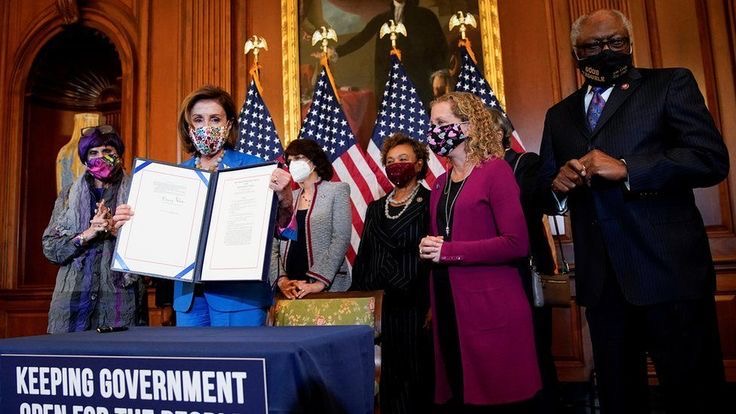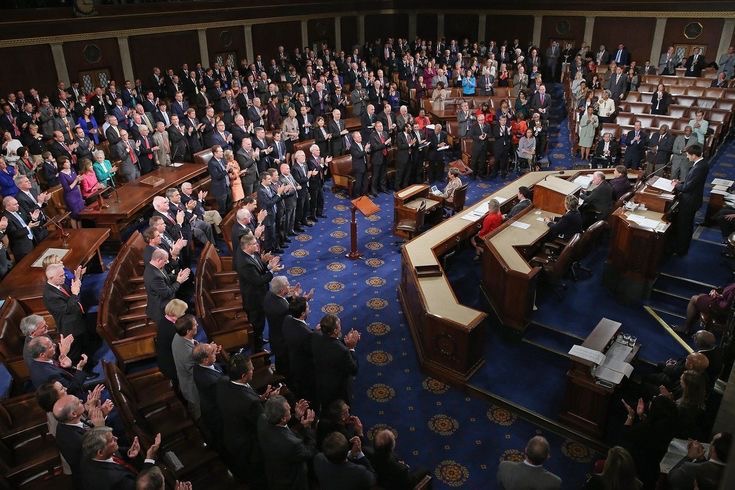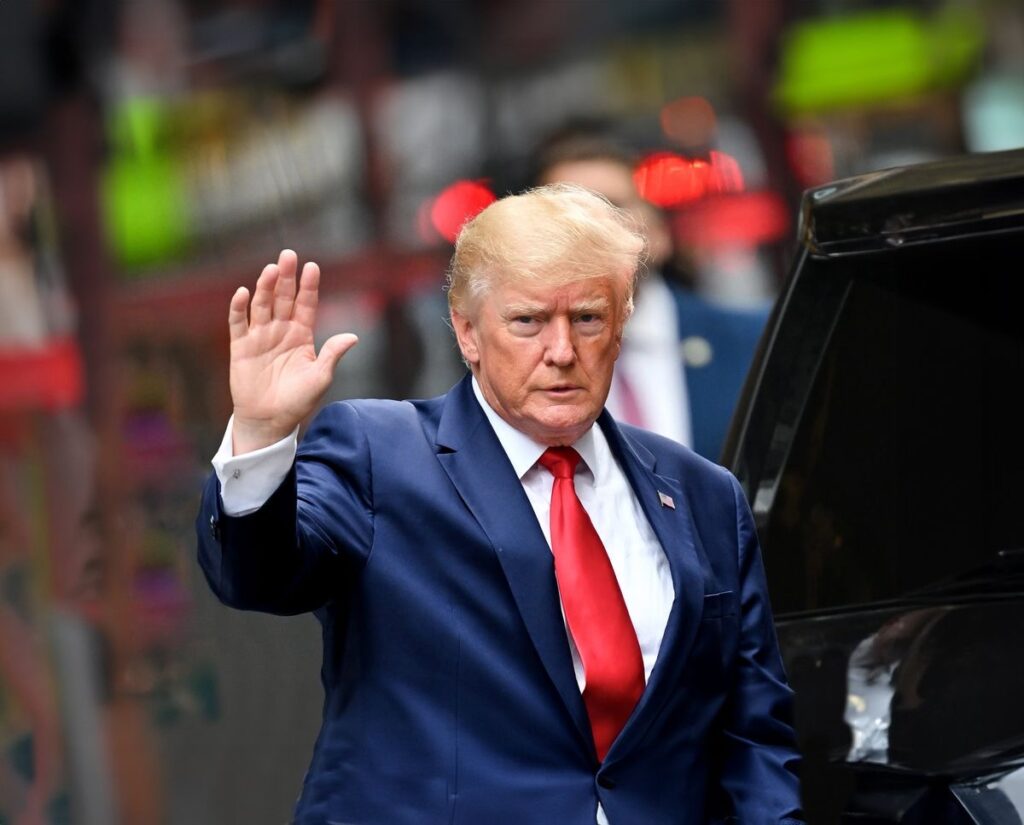In 2025, Congress will have a challenging job to handle, especially with Trump’s tax plans. They need to make a decision on what to do about some important tax rules. These tax rules are from the Tax Cuts and Jobs Act (TCJA), and they are tax provisions that are about to expire. That is not all; while working on that, they will also need to consider new tax ideas from President Donald Trump.
Even though Republicans are in charge of Congress, experts think it would not be easy. They will have to figure out the issues they have to focus on first. Congress also has to deal with the growing federal budget deficit and work through political divisions among members of their own party.
Key Provisions of the Tax Cuts and Jobs Act (TCJA) Set to Expire in 2025
The Tax Cuts and Jobs Act (TCJA) is a set of tax rules that was passed in 2017. These tax rules gave people and businesses several money-saving benefits. The benefits included things like higher standard deductions, a more generous child tax credit, bigger estate and gift tax exemption, and a 20% tax break for pass-through businesses, among other provisions.

However, these benefits are only temporary and will end after 2025 unless Congress decides to extend them. If Congress does not act, people and businesses might have to pay higher taxes again. A situation like this could make things uncertain and stressful for taxpayers. It could also put pressure on lawmakers or legislators to figure out what to do before the deadline.
ALSO READ: Harris Proposes 28% Capital Gains Tax, Lowering Biden’s Initial 40% Plan
Challenges of Aligning Priorities Amid a Federal Budget Deficit
One major challenge the Congress will have is agreeing on which tax priorities to focus on, especially since the government is already spending more money than it has (federal budget deficit). Experts say that the fact that lawmakers often focus on what their own districts need instead of following their political party’s plans makes it harder for lawmakers to reach a consensus.


Howard Gleckman, an expert from a tax policy group, explained that the problem is not just about two political parties fighting. It is also about managing all the different opinions and priorities within Congress itself.
Trump’s New Tax Proposals Add Complexity to Legislative Agenda
During his campaign, Trump came up with some new tax changes. Some of the ideas he suggested include removing taxes on tips, extra money people make from working overtime, and Social Security benefits. He also suggested removing income taxes completely, letting people get tax breaks on the interest they pay for car loans, and removing limits on how much of their state and local taxes they can deduct from their federal taxes.

While these ideas might sound good to certain groups, they make things more complicated for the legislative agenda. These proposals could lead to disagreements as they try to decide which ideas to prioritize.
ALSO READ: Harris Advocates for Expanded Child Tax Credit of Up to $6,000 for Families with Newborns
Universal Tariffs Among Trump’s Controversial Policy Suggestions
Donald Trump has other ideas, some of which were controversial. One of Trump’s more controversial ideas is to place a tax, called a “universal tariff,” on all products brought into the U.S. from other countries.

He believes that imposing this could help businesses in America by making foreign goods more expensive. When imported goods are more expensive, it will encourage people to buy more American-made products.
However, this idea could also cause problems with other countries. It could lead to trade disagreements or even conflicts. Many businesses and politicians who support the free flow of foreign goods between countries without extra taxes might strongly oppose this idea. This shows how tricky it can be to turn Trump’s ideas into reality while keeping the economy and international relationships stable.
Experts Predict Long Timeline for Republican Tax Bill Approval
Experts do not think Republicans will be able to make big changes to tax laws very quickly. Even though the Senate can use a special process called “budget reconciliation” to avoid lengthy debates and speed things up, there are still many steps involved that could slow things down.

Apart from that, the Congress has other important tasks to handle. These tasks include things like making sure the government has enough money to keep running and avoiding a shutdown. These activities could take up a lot of time and delay work on tax laws.
Experts believe it might take until late 2025 before the new laws will be implemented. They think it could happen by October 1, 2025, when the government’s fiscal year ends. However, it could take even longer.
Ultimately, while Republicans have the tools to make these tax changes, it would not be easy. They have to deal with tax rules from the past, new ideas from Trump, and disagreements within their own party. All of these can make the process slow and complicated.

